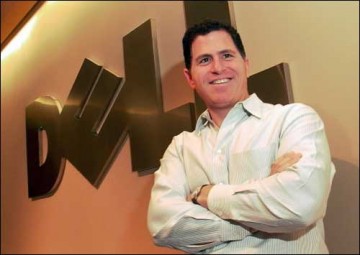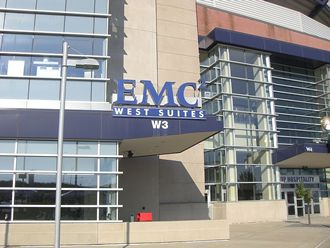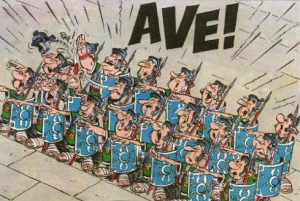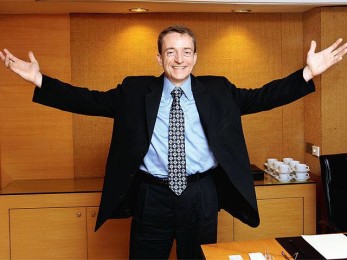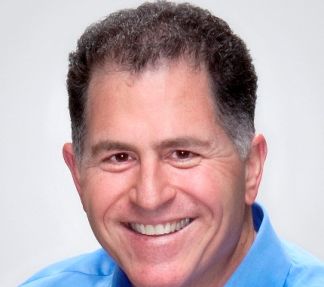 Dell has named its new channel and sales executives and appears to be leaning on EMC bigwigs to improve its channel.
Dell has named its new channel and sales executives and appears to be leaning on EMC bigwigs to improve its channel.
EMC channel chief Gregg Ambulos is now in charge of the North American channel, after EMC’s John Byrne was made global channel supremo in July.
Ambulos reports to Byrne, and his appointment came along with a host of other executive moves designed to streamline and unify the Dell Technologies sales and channel operations.
Byrne, who worked for AMD, is now the president of global channels and reports directly to Marius Haas, Dell COO and president of commercial solutions.
This looks like Dell intends to lean heavily on EMC’s channel expertise and moving towards partner-led customer engagements, similar to EMC’s programme.
Jim DeFoe is now the head of global distribution. DeFoe is a 20-year Dell veteran, and has spent almost all that time as vice president of global sales channels and programmes.
Cheryl Cook is now the head of partner marketing, reporting to Nina Hargus, senior vice president of global field marketing. Cook was the face of Dell’s channel operation after coming from Sun.
Kimberley DeLeon, another former AMD bod, was hired by Dell last January. She will be the head of global channel programmes at Dell Technologies,.
Randy Huey, also from Dell is now the head of channel strategy, Huey will lead channel strategy and planning. He and Byrne will map out plans for partner spending and coverage across Dell and EMC.
Pilar Schenk will be head of channel sales planning and operations.
Tian Beng Ng will be the head of Asia-Pacific and Japan channel sales. He has been with Dell 17 years, most recently as vice president and managing director, South Asia and Korea. Alvaro Camarena is now the head of Latin America channel sales. Camarena has been with Dell eight years as executive director of Latin America channel programmess. Michael Collins will head Dell’s EMEA channel sales operation. The 14-year Dell veteran was most recently vice president of strategy and channel, EMEA.
